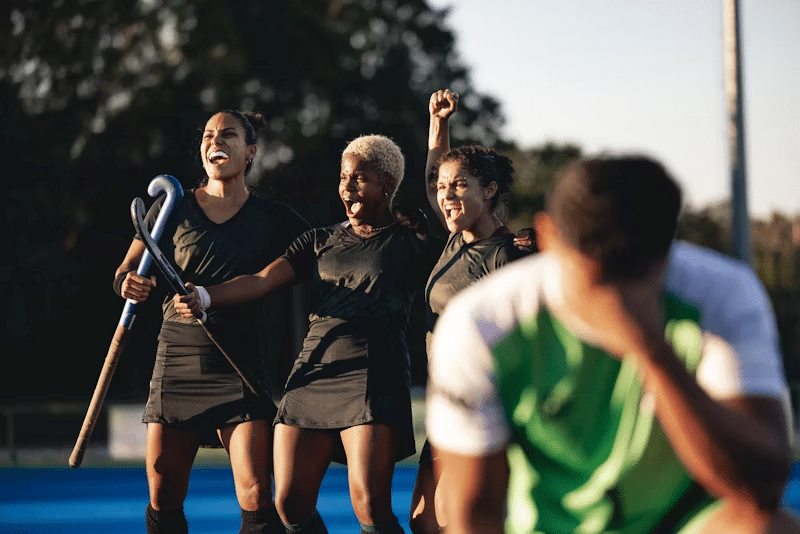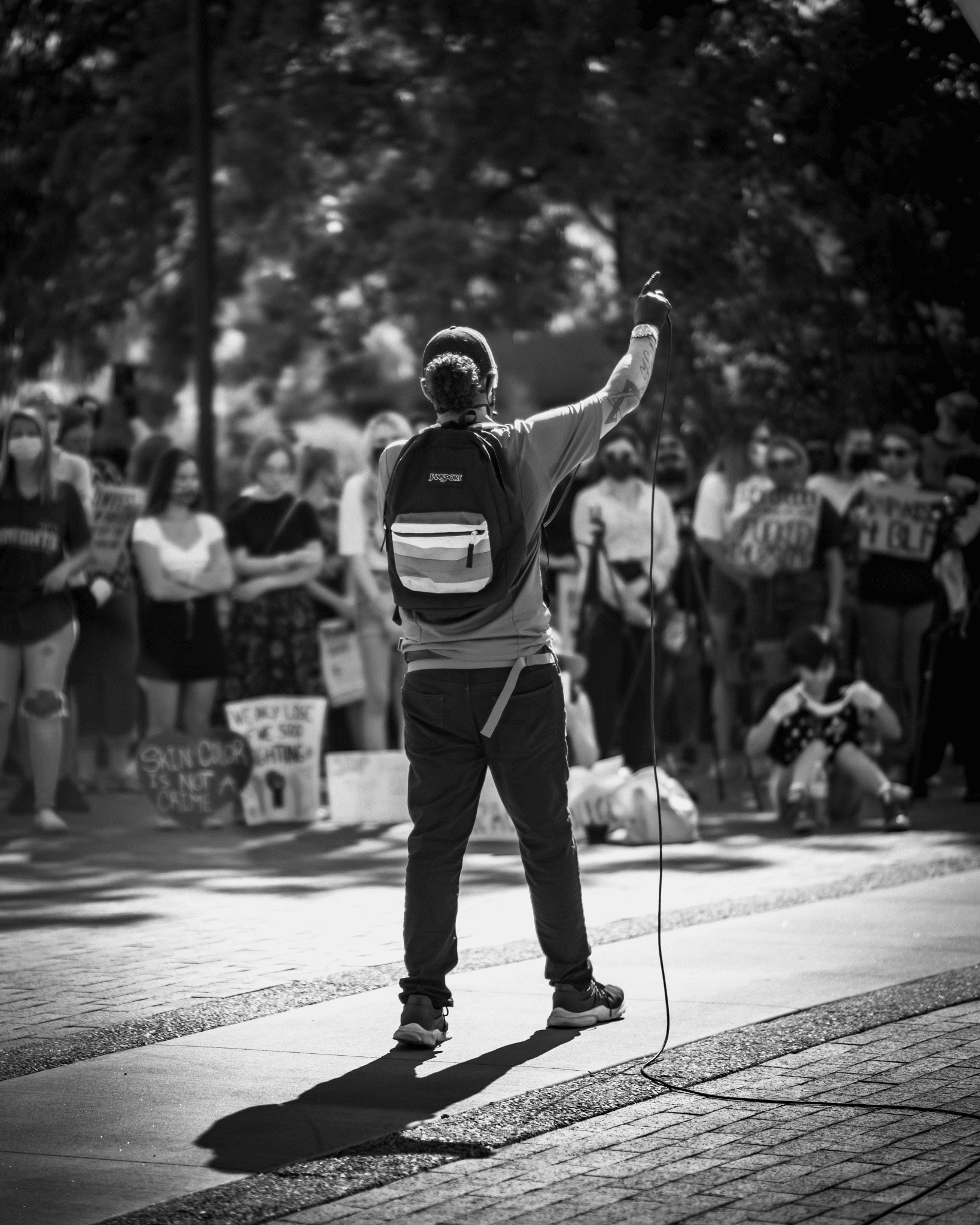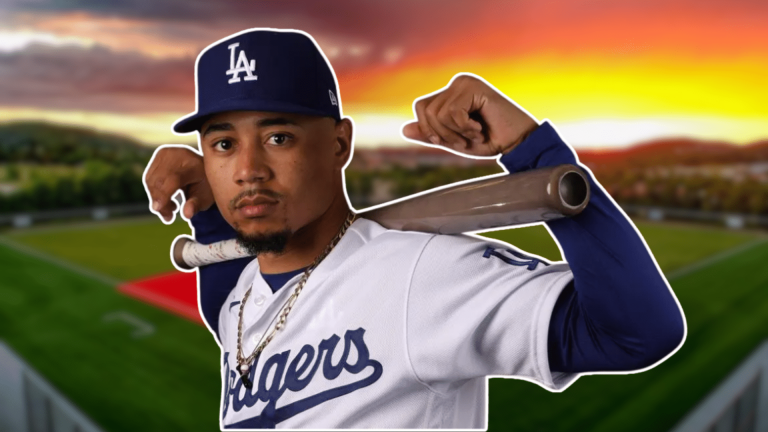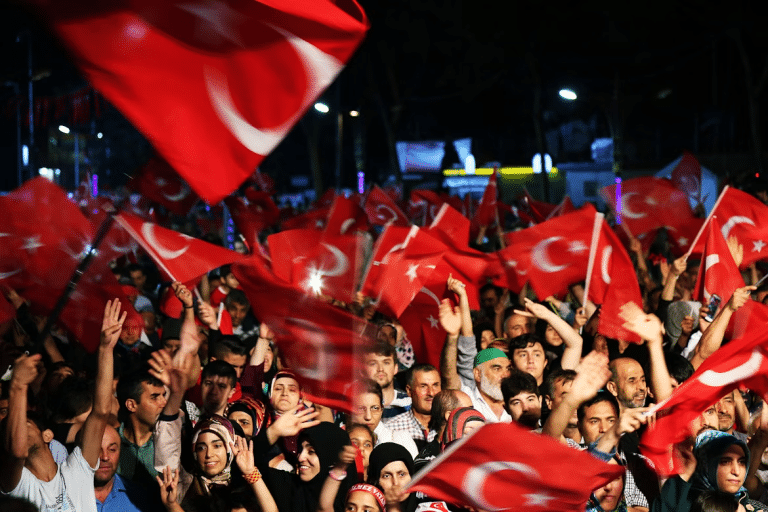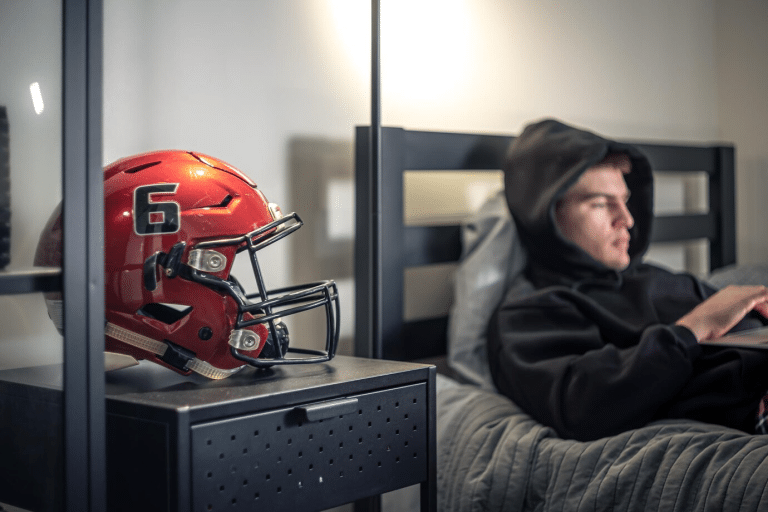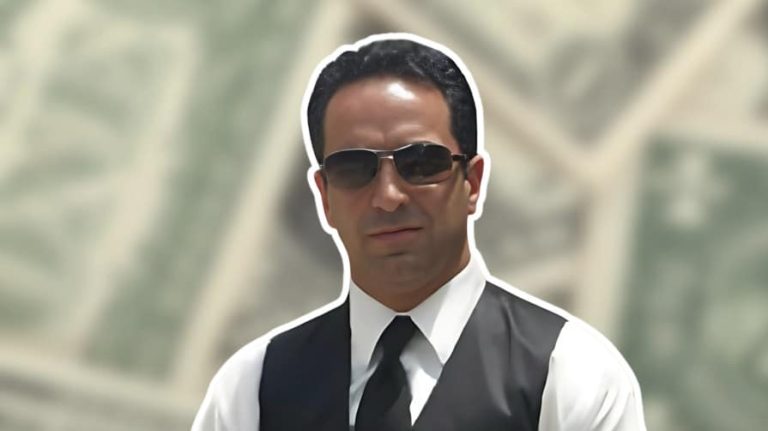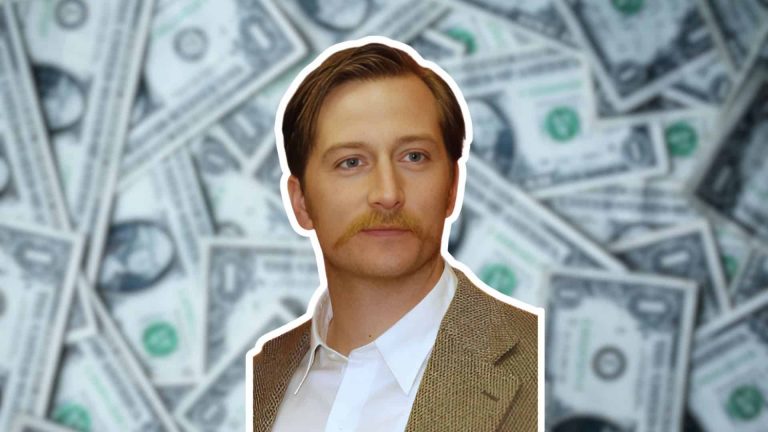The Role of Athletes in Social Justice Movements
Whenever athletes talk, everyone pays close attention. There is action at a global level, with varied consequences within the sphere of sport. In times of trouble or unfairness, athletes always come into the picture, neither to just win games, but to fight against the system itself. They show us that protest isn’t always a picket line; at times, it involves taking a very careful stand before the cameras.
Historical Impact of Athlete Activism
Muhammad Ali refrained from fighting in Vietnam, which eventually led to him being stripped of his boxing license. Not only was that brave, but it became one of the notable examples of fighting for civil rights.
Even today, you can find discussions about such athletes on platforms like the MelBet betting app, where sports and their deeper stories intersect. The act of Tommie Smith and John Carlos raising their fists in protest against racial discrimination on an Olympic podium in the year of 1968 sparked conversations which continue to this day.
Athletes like Jackie Robinson who broke the color barrier in the world of baseball in 1947, or Billie Jean King who advocated for equal pay in women’s tennis, went far beyond the constraints of simply competing. Their bravery led to monumental shifts in policy, initiated movements all across the globe, and showed that sports are anything but neutral. It is because of them, we now have a voice.
Modern Platforms for Advocacy
Athletes have more power than ever before—and they are not afraid to use it. Some of the most impactful tools are:
- Instagram and X: Directly communicating to millions about issues of injustice.
- Player-led foundations: Addressing social imbalance and inequity head-on.
- Collective statements: Whole teams wearing messages calling for change.
- Sit-outs or boycotts: Stopping play until issues are dealt with.
These strategies translate the headlines into real action.
How Athletes Organize and Mobilize Communities
It is no secret that athletes have a massive following which gives them power to be viewed as trusted role models and thus take action, fundraising and advocating change. Their influence does not stop at the scoreboard.
It is huge and they have the platform to bring together fans, teammates and entire leagues. As mentioned on MelBet India Facebook, when there are cases of injustice, athletes have the power to mobilize millions to raise their voice.
Sports as a Space for Protest
Every athlete knows how to manage their energy throughout a game; however, they do not conserve it during a protest. Colin Kaepernick’s kneel during the American national anthem is emblematic of an entire movement aimed at curtailing police violence. That single action changed the globe.
From the WNBA players showcasing discriminatory t-shirts to soccer players in Europe stopping a game just to kneel, we have certainly seen it all in the sporting world. These actions now hold particular meaning as these places of sports serve as arenas for increased activism.
Each one of these protests encapsulates an untold reality which countries have inflicted upon their citizens, and each one filled with indescribable grief. Every movement is filled with justice. Every match heads a new tale that ignites immense hope.
Leading Movements Off the Field
Marcus Rashford defended the right of children to receive meals during school breaks, while LeBron James established a public school in Akron to support at-risk youth. Athletes expand their advocacy beyond the court or field.
They actively participate in civic issues by engaging with government officials, starting petitions, or organizing fundraising events. It is not merely ‘change’ that they bring about, but rather ‘change’ that can be built. There is a well-known saying, “with great power comes great responsibility”. These athletes are reframing that perspective.
Challenges and Backlash Faced by Athlete Activists
Vocal advocacy comes at a steep cost as many sporting activists risk everything: their career, finances, safety, and sponsorship deals. Kaepernick has not been on an NFL field since 2016 and Obama stated Ali got his boxing license suspended because he refused to be drafted. Both paid dearly for their decisions alongside feminists, which is mounted effortlessly by Serena Williams.
Even in modern society, public figures are actively hunted down and silenced by entities that deem them too extreme. There’s even a monetary penalty for inactive periods that’s been imposed. The reason for such behavior, is because the sacrifice is too great in comparison to the value.
These superstar athletes go beyond claiming rights to their name; they fight not just for recognition but for humanity. Bravery exists beyond the playing field where the score is not the only life-changing decision, but a myriad of impactful choices that require an equal amount of courage.
Looking Ahead—Athletes Shaping Future Social Change
Fists of shatter change accompanied with cleats and jerseys will mark the new era of social change. That state will come once athletes receive the level of adoration and fame they don’t have at the moment. The globe is watching.

